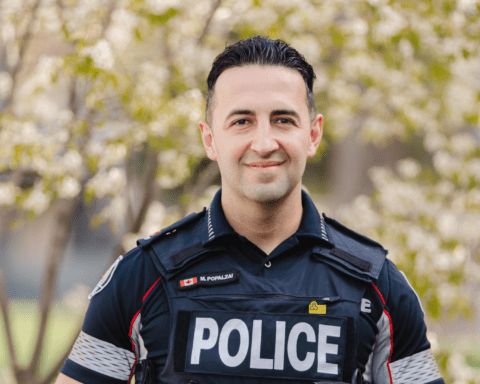Ottawa Police study
Yaa-Hemaa Obiri-Yeboah is a Trade Commissioner in the Pacific Regional Office of Global Affairs Canada. She was selected as a Rhodes Scholar in 2003 and graduated from the University of Oxford with two master’s degrees, respectively, in English Literature and Women’s Studies. She graduated from the University of British Columbia with an Honours English B.A. as a Wesbrook Scholar. While a public servant by day, by night Yaa-Hemaa is a jazz and soul singer-songwriter. Her debut EP, “Come Hear My Voice” was released in 2016. She has published articles focused on race and immigrant issues in Huffington Post and New Canadian Media and has supported organizations focused on education and racialized youth.





